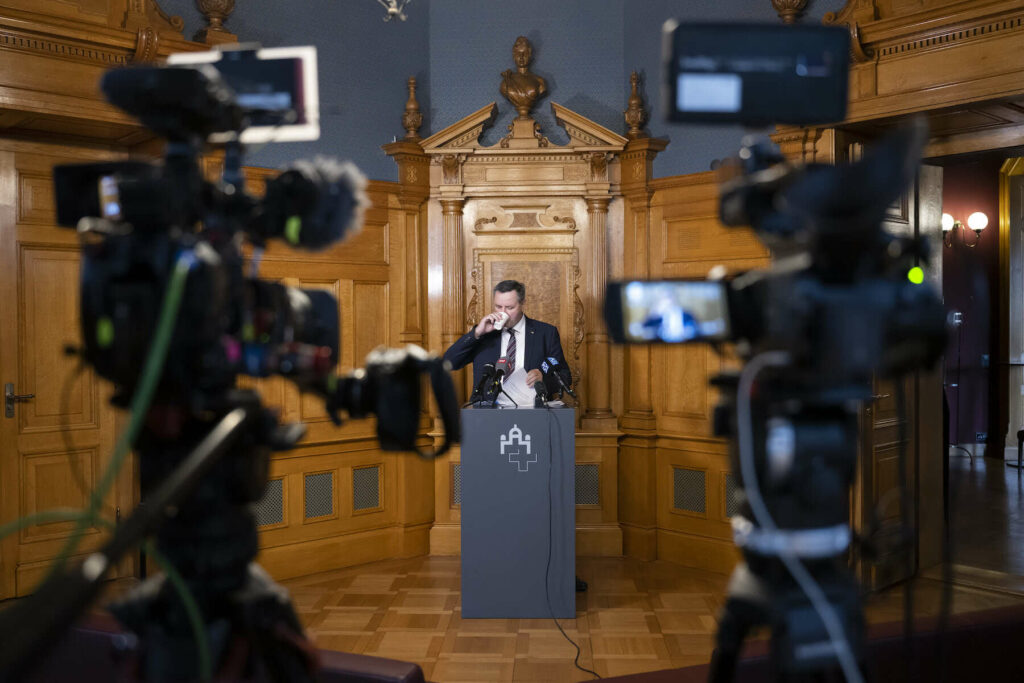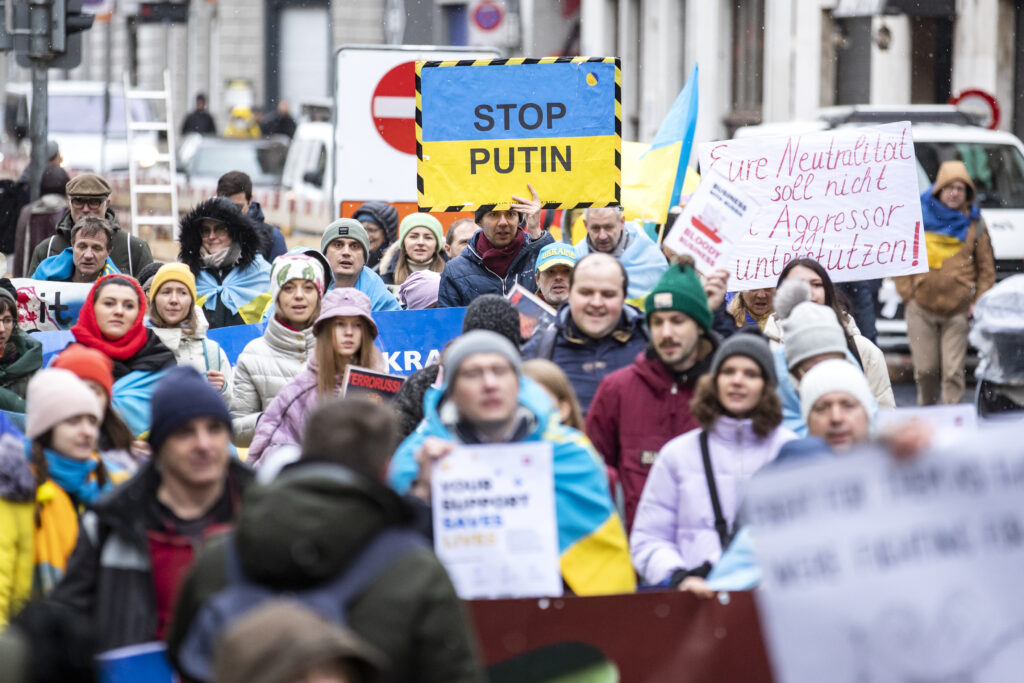Fr., Mai 12th 2023

Swiss Parliament’s Security Policy Commission on Thursday passed two motions to loosen the country’s tight controls on the re-exportation of Swiss-made weapons to war zones – also known as the War Materials Act – a directive which is the cornerstone of the country’s neutrality.
The announcement comes at a moment when Ukraine is asking for help in its domestic defense against Russia. Switzerland’s neighbors have been hounding the nation to ease its re-exportation restrictions for months. (Read more: How Switzerland came to be at the center of the Russo-Ukrainian war).

Politically, Bern has taken a somewhat ambiguous position in response to Russia’s invasion of Ukraine.
On one hand, Switzerland has aligned itself with EU sanctions imposed against Russia for more than a year now. Switzerland has repeatedly voted against Russia in the UN General Assembly. As a result, Moscow has asserted that it no longer regards Switzerland as neutral.
On the other hand, Switzerland has continually blocked weapons exports to Ukraine. And it has refused to allow other NATO countries, such as Spain and Germany, to re-export Swiss-made munitions and armored vehicles to Ukraine.
Switzerland’s War Materials Act forbids the country from exporting Swiss-made weapons to another nation that intends to send them into war. Germany has already pledged to provide Kyiv with Gepard anti-aircraft gun tanks by spring 2023, but securing a supply of the ammunition needed for the tanks has proven challenging as Switzerland, which has a stockpile of Gepard ammo, prohibits the sale of it under its War Materials Act.

Last month, the “Group of Seven” nations – the U.S., the U.K., Canada, France, Germany, Italy and Japan – sent a letter to Switzerland asking the nation to strengthen its sanctions against Russia.
Some Swiss politicians say that if neutral Switzerland allows for arms re-exportation, it could persuade other neutral countries to export weapons to the war zone – a move that could tip the war in Ukraine’s favor. For politicians like Céline Vara (Green- Neuchâtel) who opposes the move, the decision is fraught with emotions because “what is certain is that there is indeed a desire to support Ukraine in its defense against this Russian invasion.”
“On the other hand, what is also certain is that there is a lot of motivation and personal interests in this discussion, because we know that the market for weapons of war represents billions,” she told the AP. “These are colossal sums — and there are also many personal interests within the commission.”
Other political experts argue that such a move will further compromise Switzerland’s definition of neutrality and its historical role in brokering peace.

The Security Policy Commission of the upper house of parliament and the Council of States on Thursday passed two motions to ease the re-exportation restrictions. The first motion would allow the Swiss government’s executive branch to lift re-exportation restrictions on arms “in exceptional circumstances,” such as if the re-exportation would help ensure national security.
The second motion would allow the re-exportation of weapons to countries “that are committed to our values” and have similar regulations on weapon exportation. For example, such countries could re-export Swiss-made weapons after a five-year period under certain conditions.
Meanwhile, re-exportation of arms would be banned to countries that “severely” violate human rights and/or if the weapons would be used against civilians. Arms still cannot be sent to countries that are at war internationally or domestically, unless it was a question of “legitimate self-defense” under international law, the Commission stated.
“Strict criteria would apply so that no Swiss war material would be used in conflicts,” Security Policy Commission president Werner Salzmann told reporters Thursday. “However, the re-export of war material to a country at war would be possible if this country made use of its right of self-defense under international law.”
The main reason to push this legislation now is to ensure the Swiss defense industry’s viability, Salzmann said. Switzerland does not need to maintain its military and arms at its current levels, he added.
The motion will be put to a vote in Parliament as early as next month. If it is passed, the changes would not take effect until March 2024, at the earliest.
Dieser Artikel darf frei weitergegeben und nachgedruckt werden, vorausgesetzt, es wird auf den Originalartikel verwiesen.
